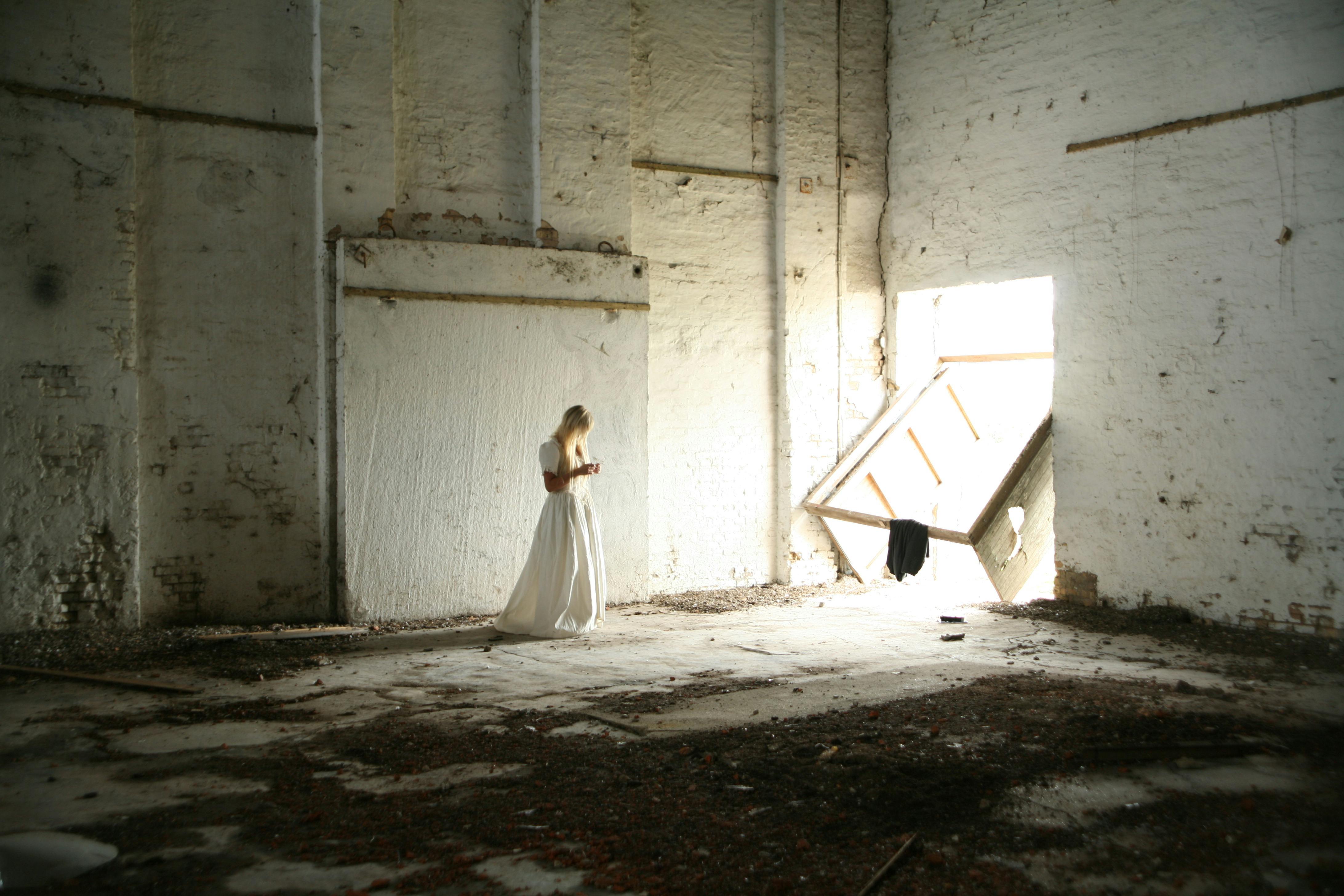Let’s talk for a moment about the ‘sort and throw away’ approach:
It started with GE and quickly spread to other major corporations. Microsoft, Amazon, and many others.
The idea was simple and seductive:
Rank all employees based on the metrics that make sense. Then every year, give generous bonuses to the top 20% or so, and shoot to the bottom 10% or so.
I don’t know what the logic was behind this, but I like to think that Darwinian evolution came to mind. By firing low performers, a kind of natural selection is imposed on the workforce.
Over time, by eliminating the low achievers, the workforce will evolve for even better. Only the best will survive in the long run.
Right?
Eh, not so much.
See, people often forget how evolution really works. Many people, even quite a few biologists, see evolution as a force to make organisms superior.
These types of people see humanity and intelligence as inevitable. Smart is “better” than dumb. Humans are “better” than our ape ancestors, so they evolved into us.
Similarly, a high-performance workplace is “better” than one that paces slowly. Therefore, natural selection will only create an organization that is more productive and innovative.
But natural selection does not improve organisms.
Makes them fitter.
They become “better”, only in the sense that they are better at surviving.
And that is what happened in these companies. The workforce evolved, but not as CEOs expected:
Employees became destructive. Nobody wanted to help anyone else score goals, even if it didn’t cost them anything. In fact, it would be better if they tried to sabotage each other. In a classification system, elevating another person meant undermining oneself.
People ran for shiny new projects, neglecting the boring, basic jobs that keep the lights on.
Team leaders would reject the superstars (viewing them as potential threats) and fill their teams with an underperforming deadwood buffer.
If a human wanted to build a better organism, he would do something faster, stronger and smarter. But Darwin designs differently. Sometimes the smallest, weakest, but most cunning creatures survive more often … and that’s all natural selection cares about.
File this one under ‘Unintended Consequences’.
On paper, it seems like a good idea, until you ask this question:
What will this affect organizational trust?
Will it make it better or completely destroy it?
That is a useful question to always ask. It would have saved these companies an imperial ton of pain.


